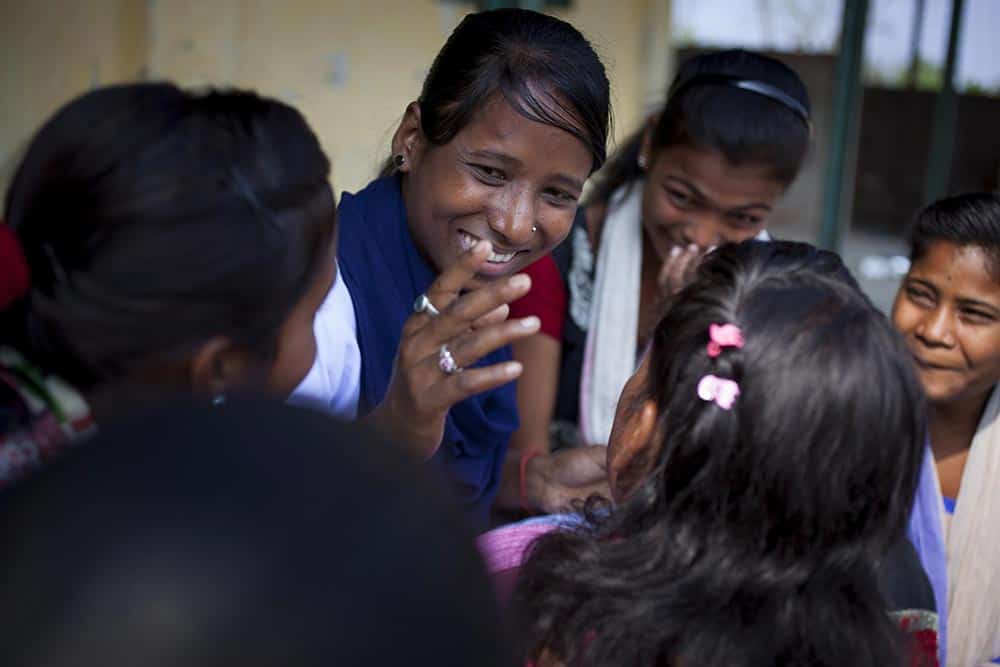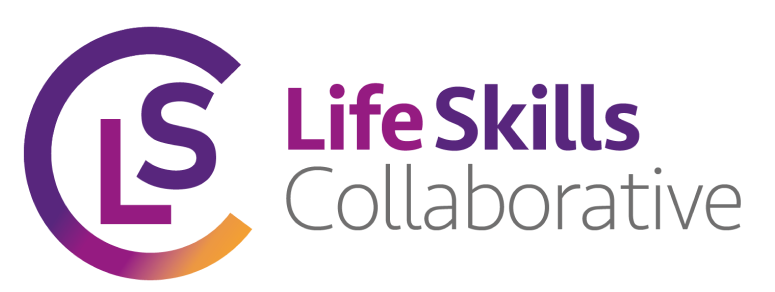- /
-
The ‘Why and How’ of Imparting Life Skills Among Young People
The ‘Why and How’ of Imparting Life Skills Among Young People

The landscape of education as well as our economy are constantly evolving. Changes have been taking place at the speed of light in recent years and humans have been struggling to keep pace with them. The skills that were once needed have been replaced, and the educational methods that were once efficient are just not as effective or relevant in today’s day and age.
In 2019, 53% of Indian businesses were unable to hire candidates due to a lack of future skills. The skill gap continues to worsen as the skills needed to become life-ready are not incorporated into our education system which continues to operate on traditional teaching methods. According to a report by Microsoft Education, over 30-40% jobs are going to require social-emotional skills yet not even 50% of youth will be prepared for those fastest-growing jobs. Hence, imparting life skills has become an urgency among adolescents to help them build confidence, become more self-aware and be able to analyse as well as make decisions informatively.
There are over 253 million young people in India, which is the largest adolescent population in the world. Every fifth person is between 10 to 19 years of age. It is therefore imperative that we step in, and impart effective skills in a proven, systematic, constructive way.
Imparting Life Skills the proven way
Life Skills, just like all other skills, must be taught in a conducive environment, in a systematic manner and by qualified professionals. There is little doubt that the Indian academic system, comprising more than 1.5 million schools, 40,000 colleges, and 900 universities, will be the largest existing platform to roll out Life Skills programmes that will reach generations of students in the decades ahead and help adolescents acquire the necessary skills.
Modules have been evolved to impart essential skills through activities such as classroom discussions, storytelling, role playing within peer groups, debates, situation analysis, team-games, counselling and mentoring.
As a part of the Life Skills Collaborative, NGOs, academic institutions, donor organisations, and government bodies are also collaborating to absorb Life Skills as part of the curriculum in schools and colleges across the country.
Life Skills Collaborative has been building various tools to help equip adolescents with necessary life skills. Through Voices, we engage with our stakeholders to understand the meaning of life skills for them, so that we not only tailor our Glossary according to a general view but also through a number of other contexts. The idea of imparting Life Skills is to equip India’s demographic gold-mine with all the skills that will build our youth into not merely a job-ready workforce, but also life-ready citizens of an evolving global village.
Source:
https://www.who.int/news-room/fact-sheets/detail/adolescent-mental-health
http://mospi.nic.in/statistical-year-book-india/2017/198
https://www.statista.com/statistics/660862/higher-education-institutions-bytype-india/



